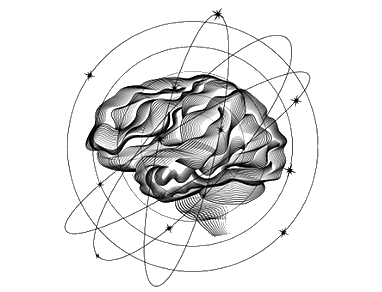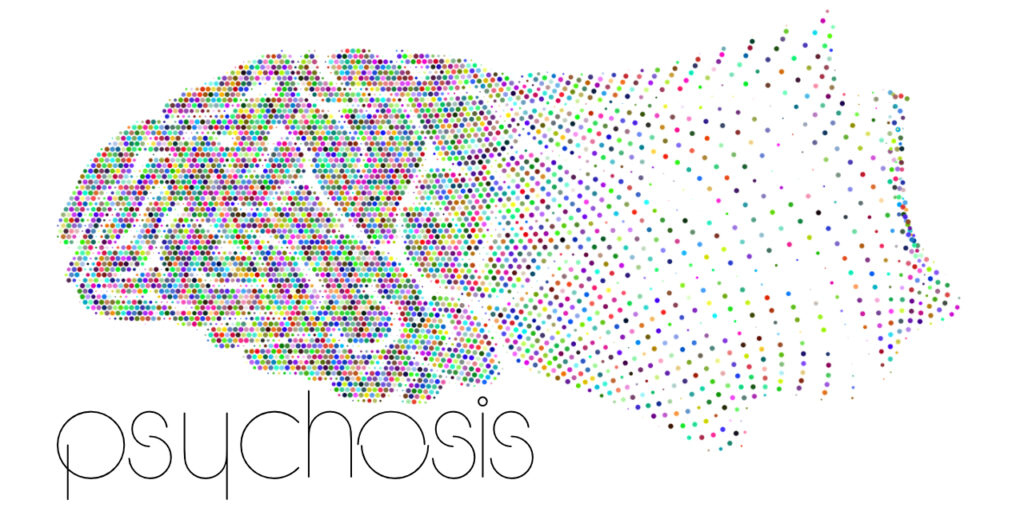What are effective Psychosis Treatment Options for Different Age Groups?
What are effective Psychosis Treatment Options for Different Age Groups?– First off, thanks for reading this blog article by Evolve Psychiatric Services. We are here to help with anxiety, depression, psychosis, ADHD, sleep disturbance, bipolar disorder, PTSD, autism, or other chronic mental health conditions. Hopefully, you find this blog article helpful for yourself or for understanding a loved one’s journey when it relates to psychosis.
Now let’s take a look at psychosis. Psychosis is a serious emotional wellness condition that requires cautious and custom-made treatment approaches for people of all age gatherings. From youngsters to seniors, overseeing psychosis is essential for improving personal satisfaction and an individual’s overall well-being.
Understanding the particular requirements and difficulties faced by people of different ages is fundamental in conveying designated mediations. In this article, we dig into different treatment choices accessible for psychosis across various age groups, including youngsters, seniors, and grown-ups. We will investigate how custom-made treatment plans can have a huge effect in overseeing psychosis side effects and advancing recovery.
Table of Contents

Understanding Psychosis and Its Treatment
Psychosis is a complex mental health condition that can affect individuals of all ages, from children to seniors. To explain it to someone that does not suffer from this condition – it involves experiencing a distorted sense of reality, which can manifest in various ways, such as hallucinations or delusions. Seeking professional help from Evolve Psychiatric Services is crucial for managing psychosis effectively. Treatment options may vary depending on the age of the individual and the severity of their symptoms.
Psychosis in Children
In young children, distinguishing and treating psychosis early is fundamental for their general health and welling of the child over the course of their life. Kids encountering psychosis might show side effects like trouble separating between what is genuine and what isn’t.
Treatment for psychosis in young children frequently includes a blend of treatment, prescription, and backing from parental figures. Guardians and parental figures should establish a safe and supportive climate to assist kids with adapting to their side effects. When concerned at any point, reach out to us at Evolve Psychiatric Services to share it with us.
Psychosis in Seniors and Adults
For seniors and grown-ups, psychosis can present special difficulties because of variables, for example, age-related ailments or prescription associations. In these age groups, treatment with medicine requires a close eye from medical professionals to understand if there are side effects. A medical professional should work closely with these individuals and their families to create and execute a complete therapy plan that addresses their particular needs and help with advancing them to live a healthy life.
Psychosis Treatment for Children: What to Know
When it comes to psychosis treatment for children, understanding the unique challenges of the child is crucial. Children experiencing psychosis may exhibit behaviors that are confusing or distressing to both themselves and those around them. It’s important to approach treatment with compassion and patience, recognizing that children may require specialized care tailored to their age and developmental stage.
Key Points to Consider
- Early mediation is key in overseeing psychosis in kids to help in the long term to live a productive life.
- Including guardians or parental figures in the treatment can further develop results and offer fundamental help to the young person.
- Consolidating treatment with prescribed drugs and creating an organized emotionally supportive network can yield positive outcomes in overseeing side effects successfully.
Collaborative Approach in Treatment
Cooperation among medical care experts, teachers, and psychological wellness experts is fundamental in guaranteeing a complete and all-encompassing way to deal with treating psychosis in a young child. By cooperating, various professionals can share experiences, perceptions, and techniques to make a customized treatment plan.
This treatment plan can better tend to the young child’s needs. Furthermore, open correspondence and regular up-to-date appraisals can assist with observing the headway the child is making. Also, it allows the professionals to make real-time changes depending on the situation to help the child’s psychological well-being over the long term.
Tailored Approaches for Seniors with Psychosis
When it comes to seniors experiencing psychosis having a tailored approach is a good idea. It is essential for addressing their specific needs and circumstances. Older individuals may face additional challenges due to age-related factors, such as cognitive decline or physical health conditions. Approaching treatment with sensitivity and understanding can significantly impact the effectiveness of the intervention.
Individualized Care for Seniors
- Evaluating the singular’s general ailment and clinical history is vital in planning a customized treatment plan.
- Including relatives or guardians in the treatment cycle can offer significant help and knowledge into the senior’s way of behaving and side effects.
- Joining pharmacological mediations with restorative methods, like mental social treatment, can assist seniors with dealing with their side effects and work on their overall satisfaction.
Importance of Ongoing Support
Steady observing and follow-up care are critical parts of treating seniors with psychosis. Normal regularly scheduled visits with treatment professionals can guarantee that the therapy plan stays viable. This also can be changed on a case-by-case basis, which is critically important to ensuring the patient’s health needs are met. Moreover, establishing a steady climate at home or in-care offices can add to the senior’s general happiness in their stage of life.
What Medication Options are available for Adult Psychosis?
When it comes to managing psychosis in adults, medication can play a crucial role in alleviating symptoms and improving overall quality of life. There are various medication options available that target different aspects of the condition, such as antipsychotics, mood stabilizers, and antidepressants.
Finding the right medication and dosage may require some trial and error, so it’s essential to work closely with a healthcare provider to monitor effectiveness and potential side effects. Be patient with the process as the result will be beneficial to the adult needing these medications.
Types of Medication for Adult Psychosis
- Antipsychotic drugs are regularly recommended to address side effects like mental trips and dreams.
- Temperament stabilizers can assist with managing emotional episodes and decrease the gamble of serious state-of-mind episodes.
- Antidepressants might be utilized in situations where there is a fundamental burdensome part to the psychosis.
Considerations for Medication Management
Observing the patient’s reaction to medicine and changing the treatment plan as needed is essential. This can help guarantee the desired ideal results. Medical professionals are trained to consistently assess the advantages and possible dangers of the medication regimen recommended.
Also, it is important to note that grown-ups with psychosis must stick to their prescription routine. If an adult stops the required medications, it is very important to convey this to the medical professionals immediately. They should also be told about any side effects the medications may have caused as well.
What Support Systems Are Available for Families Dealing with Psychosis?
When families are faced with a loved one experiencing psychosis, having adequate support systems in place is essential to navigate through the challenges effectively. Dealing with psychosis can be overwhelming for families, and having access to resources and assistance available is important.
It can make a significant difference in their ability to cope and provide care for their family member. Support systems can offer guidance, education, and emotional support to help families. This can offer them an avenue to better understand and manage the complexities of psychosis.
Types of Support Available
- Support gatherings: Interfacing with different families going through comparable encounters can give a feeling of local area and understanding.
- Guiding administrations: Looking for proficient advising can assist families with handling their feelings, pick up survival methods, and improve correspondence inside the nuclear family.
- Instructive assets: Getting to solid data about psychosis and accessible treatment choices can engage families to pursue informed choices and supporter for their adored one.
Importance of Self-Care
While supporting a family member or someone who you care about with psychosis, guardians need to focus on their own prosperity and psychological wellness. Taking care of oneself through exercises, for example, enjoying reprieves, looking for relief care, and participating in exercises that give pleasure, are fundamental to forestalling burnout and keeping a good arrangement.
It is important to take time to focus on yourself to avoid becoming burned out. Unfortunately, someone suffering from psychosis will have good days and bad days. By taking care of yourself, you can be ready to help on the days when help is needed.
Furthermore, by practicing self-care, you can also ensure that you can support your relatives by giving them time to recharge their batteries. As a family that thinks about self-care best practices, everyone in the family can more readily help their loved one dealing with psychosis. The family can be better prepared to offer support by providing care over the long haul.
Thanks for reading this blog article on “What are effective Psychosis Treatment Options for Different Age Groups?”, this blog article was prepared by Evolve Psychiatric Services located in Longwood, Florida.
Evolve Psychiatric Services wrote this article to help you better understand ‘What are effective Psychosis Treatment Options for Different Age Groups?’. If you still have questions, please call us and ask our caring staff members the questions you want answered for yourself or your family member.
Follow us on Instagram, and Facebook now! Remember we love delivering compassionate care and we are here to help with anxiety, depression, ADHD, sleep disturbance, bipolar disorder, or other chronic mental health conditions. Again, thanks for reading this blog article.
